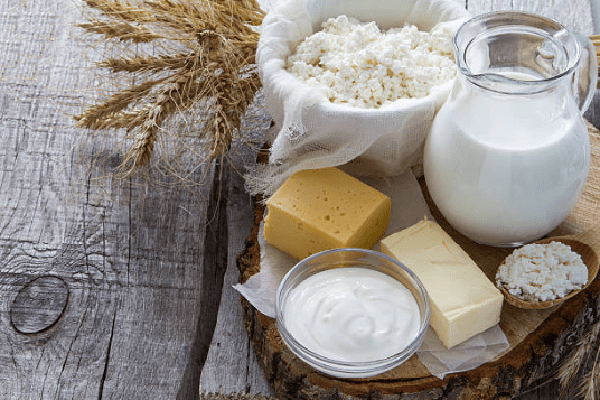Musculoskeletal system >>>> Prevention of osteoporosis
Prevention of osteoporosis.

Osteoporosis is a multifactorial disease. On the one hand, bone mass decreases, bone structure is disturbed due to an imbalance between the process of resorption and restoration of bone tissue, on the other hand, these processes can be supported by hormonal disruptions, impaired calcium absorption and other factors described here. Therefore, measures for the prevention of osteoporosis should be aimed not only at preventing the development of the disease itself, but also at preventing the development of diseases that contribute to the occurrence of osteoporosis.
Hormonal imbalance. No matter how complete a person's nutrition is, but if there are endocrine changes that disrupt the activity of hormones (parathyroid hormone, vitamin D metabolites, calcitonin), disturbances in calcium intake into the body will not take long. Therefore, it is useful to monitor the work of the endocrine system from time to time, passing tests for hormones and correcting the errors in its work. If necessary, carry out hormonal replacement therapy (various combinations of estrogens with progestogens, correction of the hormonal activity of the thyroid gland).
Excess weight. Excess body weight loads not only the heart, blood vessels, but also the human skeleton. After all, bones, muscles and joints are adapted only to certain loads, and then, crossing the threshold of these loads, deformation of the skeleton begins, which leads to malfunction of the joints (distortion of the path of the articular head, flattening of the articular or vertebral disc, abrasion of the articular head). The result of these changes may be, for example, a change in the configuration of the spinal column, incorrect positioning of the lower extremities when walking, falls and fractures, microcracks. In addition, being overweight makes it difficult to maintain a certain level of physical activity , which also plays a preventive role in preventing osteoporosis. Morning exercises, aimed at stretching the muscles, exercises with weights (dumbbells, a small barbell), jogging, brisk walking will help keep muscles in good shape and bones in order.
Heavy physical activity always adversely affects the state of the body, and in the case of osteoporosis, overload the human skeleton. Therefore, the habit of carrying or carrying weights must be eliminated from life.
Excessive thinness, malnutrition, anorexia disrupt the natural course of metabolic processes in the body, which will certainly affect the structure of the bone tissue, because it is restored due to microelements and vitamins coming from outside . For those who like to lose weight, the diet should be not just low-calorie, but well thought out regarding its constituent components, their nutritional usefulness for the body, otherwise one or more elements may fall out of the diet, the participation of which in metabolic processes is vital. Calcium and fluoride, vitamin D, other vitamins and trace elements that help the body to assimilate the main skeletal components should always be present in food.
Calcium is dairy products, Fluorine is fluoridated drinking water, fish and seafood, vitamin D is the sun's rays, butter, oily fish and seafood. It must also be remembered that the Ca microelement and vitamin D are inseparable, one does not work without the other, so they must always be used in combination. A dairy-rich diet and walking in the sun are just what the body needs. In the case of diseases associated with poor digestibility of dairy products, food is enriched with calcium in another way: include sesame seeds, almonds, hazelnuts, pistachios, wholemeal bread, green salad leaves, watercress, broccoli, cauliflower, beans, peas in the diet , salmon, sardines, eggs or take special calcium-containing complexes.
The prophylactic use of calcium and vitamin D preparations by courses will not interfere , which will insure the lack of these elements in the case of poor-quality nutrition. Such preventive courses are especially important during pregnancy, in the postpartum period, during menopause and in the postmenopausal period.
An important role in the absorption of calcium is played by the state of the digestive system, its enzymatic activity. If the conditions for absorption of calcium in the digestive tract are violated, then it is useless to take calcium supplements orally or foods rich in calcium, it will still not go where it should be. In such cases, the body is helped to store calcium by injecting calcium preparations (for example, calcium gluconate injections). Alcohol-containing drinks, nicotine, canned foods interfere with the absorption of calcium . Calcium is absorbed best in the presence of animal fats and fish oil in a ratio of 10 mg Ca per gram of fat.
Treatment of a group of diseases with glucocorticosteroids leads to impaired calcium absorption. This must be taken into account and in the case of glucocorticosteroid therapy, supplement food with food supplements with increased doses of calcium.

Read

Read



























